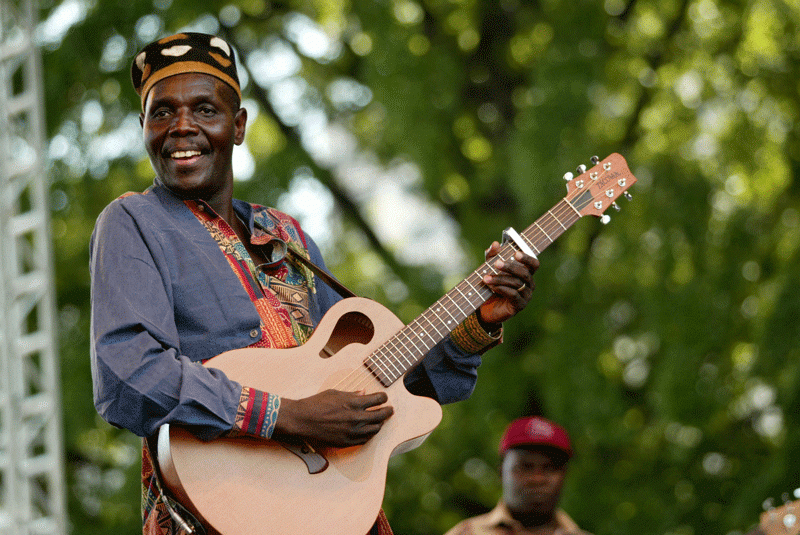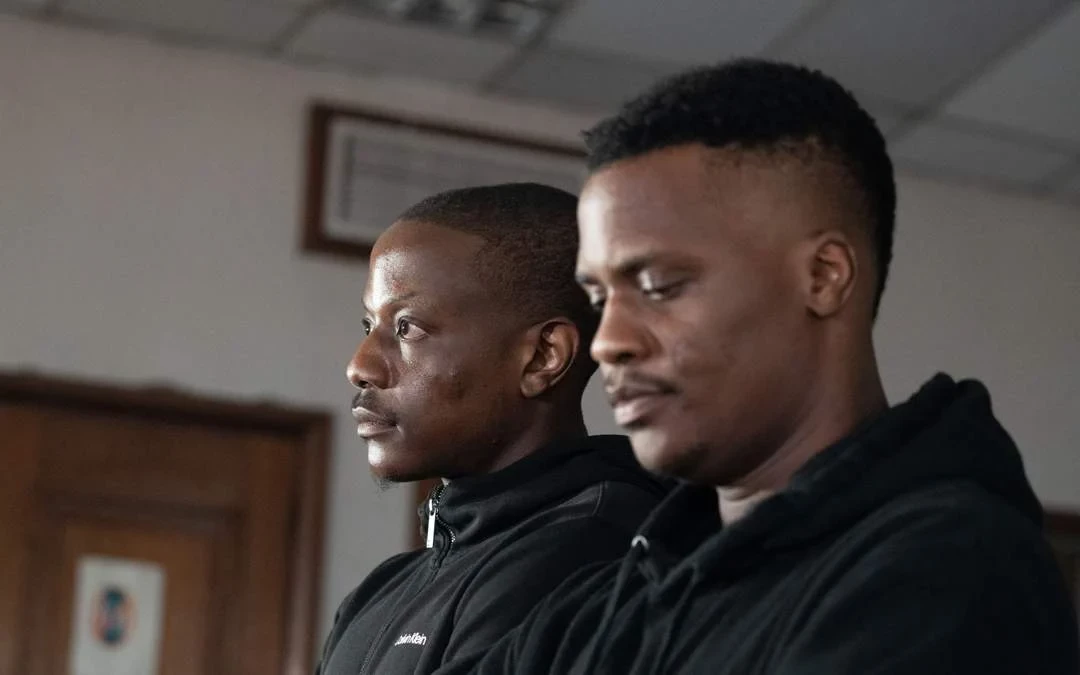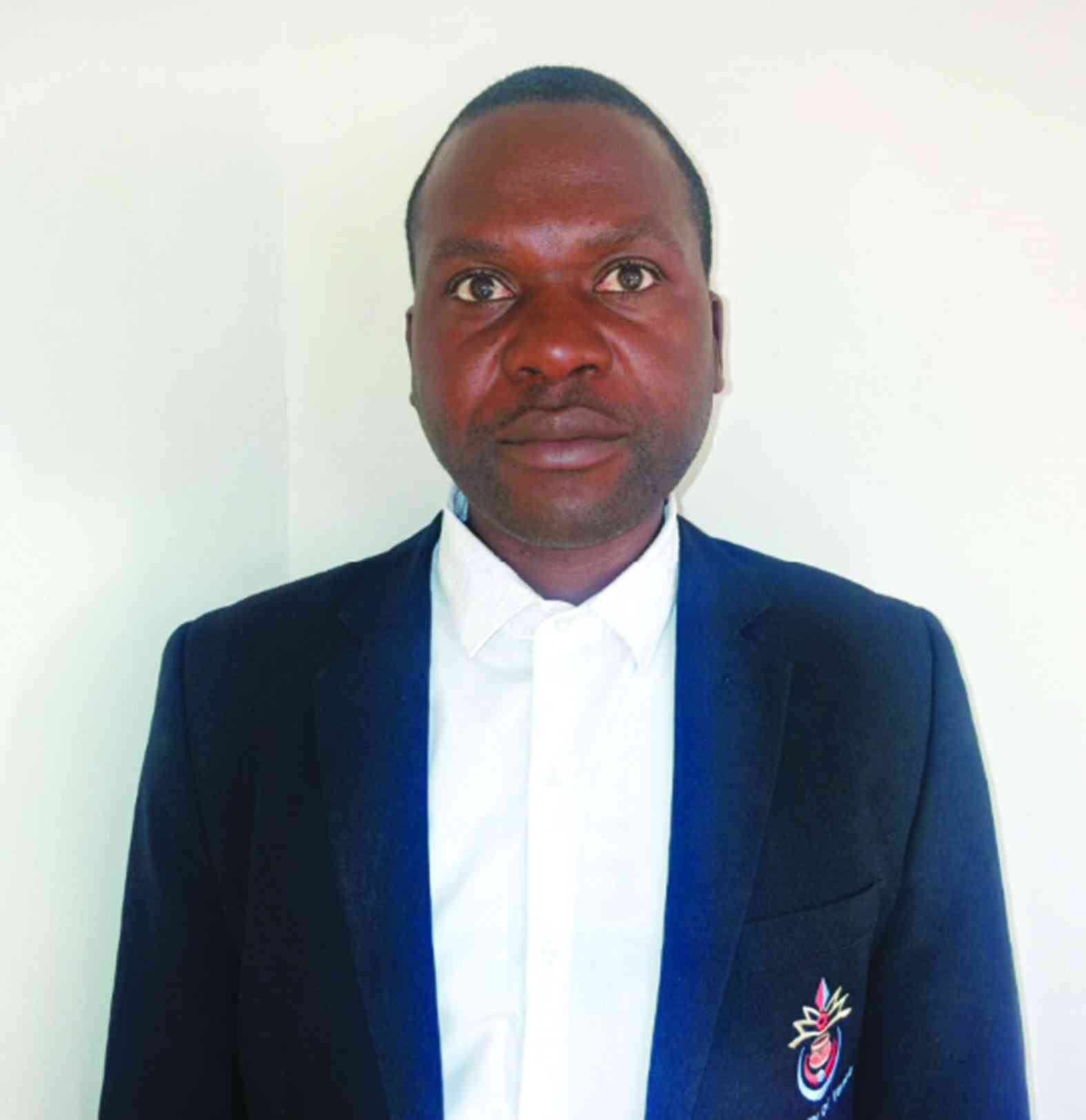
JANAURY 23 2023, marked exactly four years after we lost the great Oliver “Tuku” Mtukudzi, the master of song who entertained and charmed this nation for decades. I republish an edited version of the obituary that I wrote when the legendary icon passed away in January 2019, leaving a teary nation in a massive sense of loss and bemusement.
And only some 72 hours or so ago, we lost mbira queen Stella Chiweshe. They are dying in droves, these iconic musicians who oozed brilliance in the class of their art.
In the wake of Winky D’s popular Eureka music album which has resonated with ordinary citizens but has riled the ruling elite for its politically-tinged lyrics, we continue to be reminded of art’s capacity to grip an entire nation and to spawn debate and animated conversations across the country. It is against this background that we today remember the great Mtukudzi, the boy from Dande whose music charmed and wowed this nation for decades.
It is now four years to the day since the great music icon passed on. And as he lies still and motionless in the soft requiem of death, we remember this national hero who artistically told the story of ordinary citizens; the man whose acoustic guitar and the famous trademark cough will forever remain firmly etched in our music memories
Around this time last year and as if by coincidence, Tuku’s in-law and fellow music legend Zexie Manatsa passed away. It is only fair and in the spirit of rememberance that we spare a thought and pay tribute to those whose industry has over the years lyrically accosted our collective daily trials and tribulations.
And today it’s Stella Chiweshe, our talented girl child who exported Zimbabwe’s unique mbira sound to Berlin, Madrid, New York, London, Paris and other famous world capitals. May her mbira soul rest in eternal peace.
I have great respect for yesteryear music legends. They wowed Zimbabweans and gave music lovers value for money when they turned up for their live shows. They literally created their sound through their musical instruments and did not download their beats from the internet. They were real artistes who literally created their sound.
Death is a beast that continues to rob us of the talent in our midst as exemplified by the nation’s loss of the iconic Manatsa a year ago around this time.
- Mbavara eyes to resurrect Matavire’s music legacy
- Zim exiles panic over SA permits
- Zim exiles panic over SA permits
- Social media platforms should act on hate speech
Keep Reading
And yet, when the dreaded spectre of death visits us, we can’t run away and all we have to do is brave up and “Luke” the beast in the eye.
Tuku was a talented artiste. Artistes will always be the true repository of the conscience of a people, with their art and the message it carries reflective of the people’s tenuous daily challenges.
As Emmerson Mnangagwa’s physical, emotional, economic and psychological violence wreaks havoc across the country, leaving corpses as well as battered and tortured souls in its wake, one is reminded of Tuku’s timeless lyrics when he tutored us on the futility of violence and its lack of dividend:
“Ngoromera ingoromera,
Harina zvarinoshanda
Haringabatsire …..”
Today, even in the context of Jaison Muvevi’s litany of corpses, Tuku’s message about the futility of blood and violence remains lyrically relevant. It all reflects the timelessness of Tuku’s art.
Today, all we can do is remember this icon and the footprints that the man and his art left on the sands of history. Yes, the footprint on the sand— Tsimba itsoka —to borrow the phrase by which he named one of his albums.
Tuku achieved both in life and in death what our national leaders have failed to achieve — uniting a deeply polarised and fractured nation. Such was Tuku’s greatness.
He was one of the unique few who traversed with unparalleled ease the great political divide that has become the bane of our nation.
Tuku performed at a ceremony to celebrate the appointment of Joice Mujuru as second secretary of Zanu PF and Vice-President of the country. Mujuru hails from Mashonaland Central province, where Mtukudzi also came from. At the carnival where he played to celebrate Mujuru’s elevation in politics, Tuku performed the song Dzoka Uyamwe in salutation of the political achievement by a woman he referred to as the girl from Dande, his home area as well.
After his performance to celebrate Mujuru’s elevation, some said Tuku was Zanu PF.
Tuku then performed at then Prime Minister Morgan Tsvangirai’s wedding in Harare in 2012. In February 2018, he was in Buhera when we buried Zimbabwe’s doyen of democracy at his rural home at Humanikwa village.
After his appearance at these two epic events to do with Tsvangirai, the naysayers changed script and said Tuku was MDC.
In this politically-divided nation, it was only Tuku who could afford to criss-cross this great divide and leave the nation baffled and confused as to where he stood politically.
Tuku lived his life and his art well beyond the political party card; far beyond the constricting precinct of partisan regalia and party slogans.
Indeed, partisan politics and a partisan deportment were too petty for Tuku’s vast character; for his ubiquitous art touched every soul regardless of race, tribe, creed or political affiliation.
Tuku, the legend buried in Madziwa on Sunday, 27 January 2019, was simply far much bigger than our fractured and divisive politics. Even as he lay in the dark rictus of death, Tuku unified our divided politics. At his death, we saw Nelson Chamisa, Mnangagwa and Mujuru casting aside their political jackets to attend the funeral of this undisputed hero of Zimbabwe. The vastness of Tuku’s character and the ubiquity of his art had ample space for this deeply divided political lot.
Such was the unifying nature of this lyrical master of our time; indeed an undisputed national hero. In his death, Tuku brought Chamisa and Mnangagwa together, a feat which Southern African Development Community, the Africa Union and even the United Nations have all failed to achieve.
Tuku died as he lived — simply as an artiste.
I have long memories of Mtukudzi that stretch some 20 years back to my other life as a journalist. I remember covering the launch of one of his most controversial albums to date, Bvuma/Tolerance, at a joint then situated along Julius Nyerere Avenue in central Harare.
The place was full to the brim and the inimitable Mtukudzi was forced mid-stream to cut short his performance of the controversial hit song, Wasakara.
Yes, Mtukudzi abruptly stopped performing, albeit for a brief hiatus, after his fans literally plucked the controversial song from his lips, flashed out red cards and started infusing their own lyrics into a song that was to take the country by storm.
Robert Mugabe was not even 80 at the time, but his age had already become a topical national issue. Music fans believed Mtukudzi’s song, Wasakara, was a reference to Mugabe’s old age. Yet Oliver was simply a master of perfect musical art, which often has multiple meanings to multiple listeners in multiple circumstances.
The red cards had become part of the MDC’s campaign paraphernalia, which the party’s supporters would symbolically bandy around as a send-off sign for Mugabe to leave the political playing field due to his old age.











